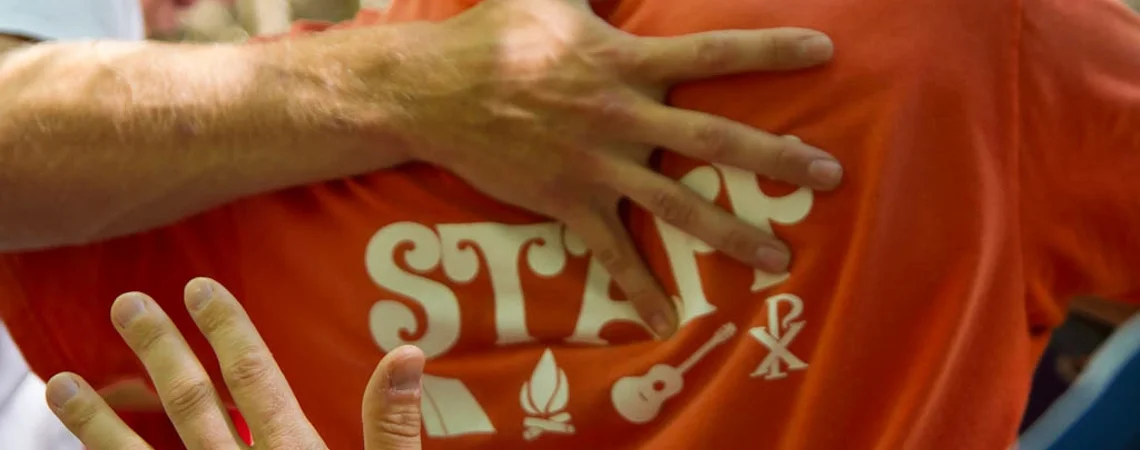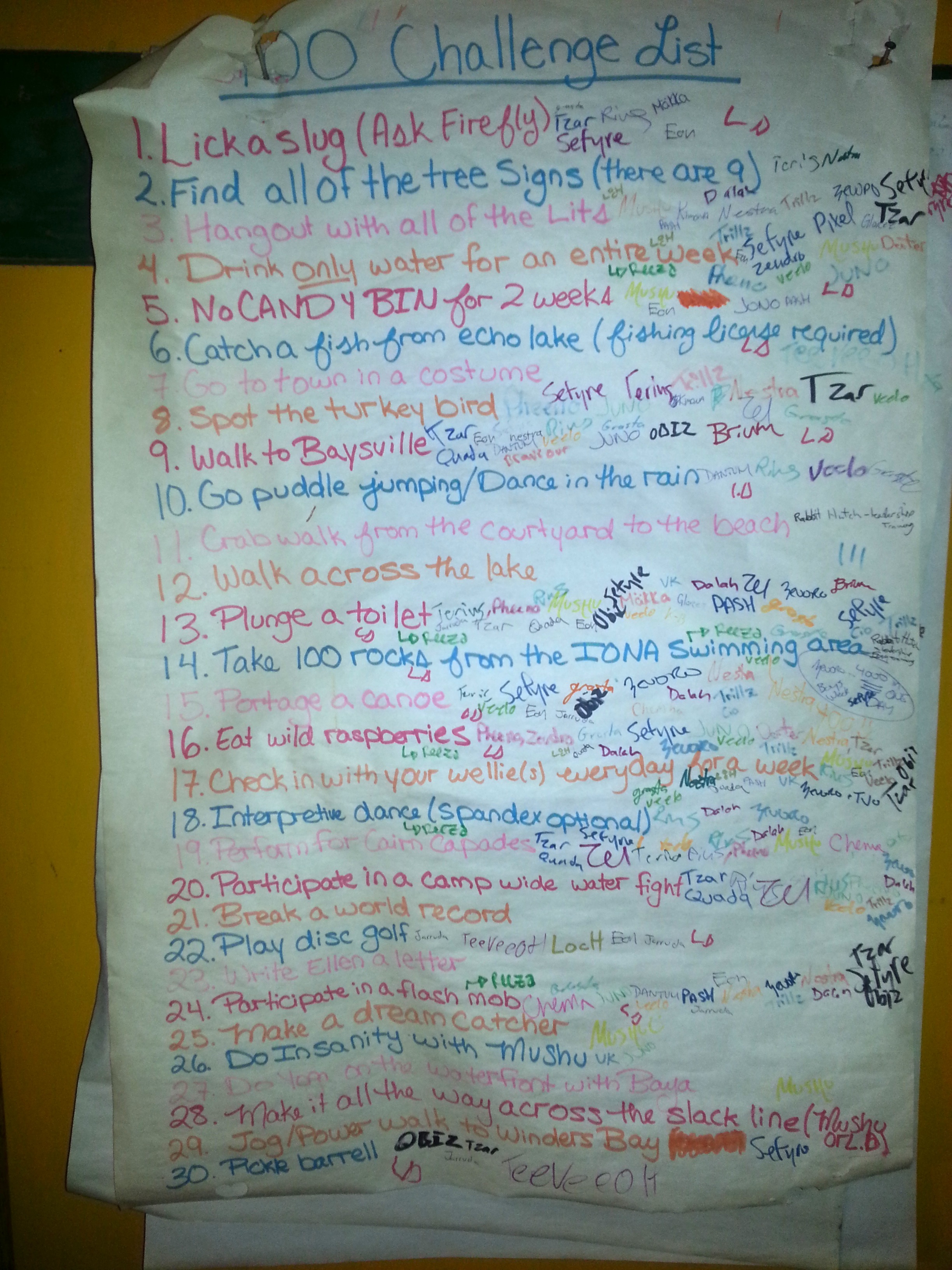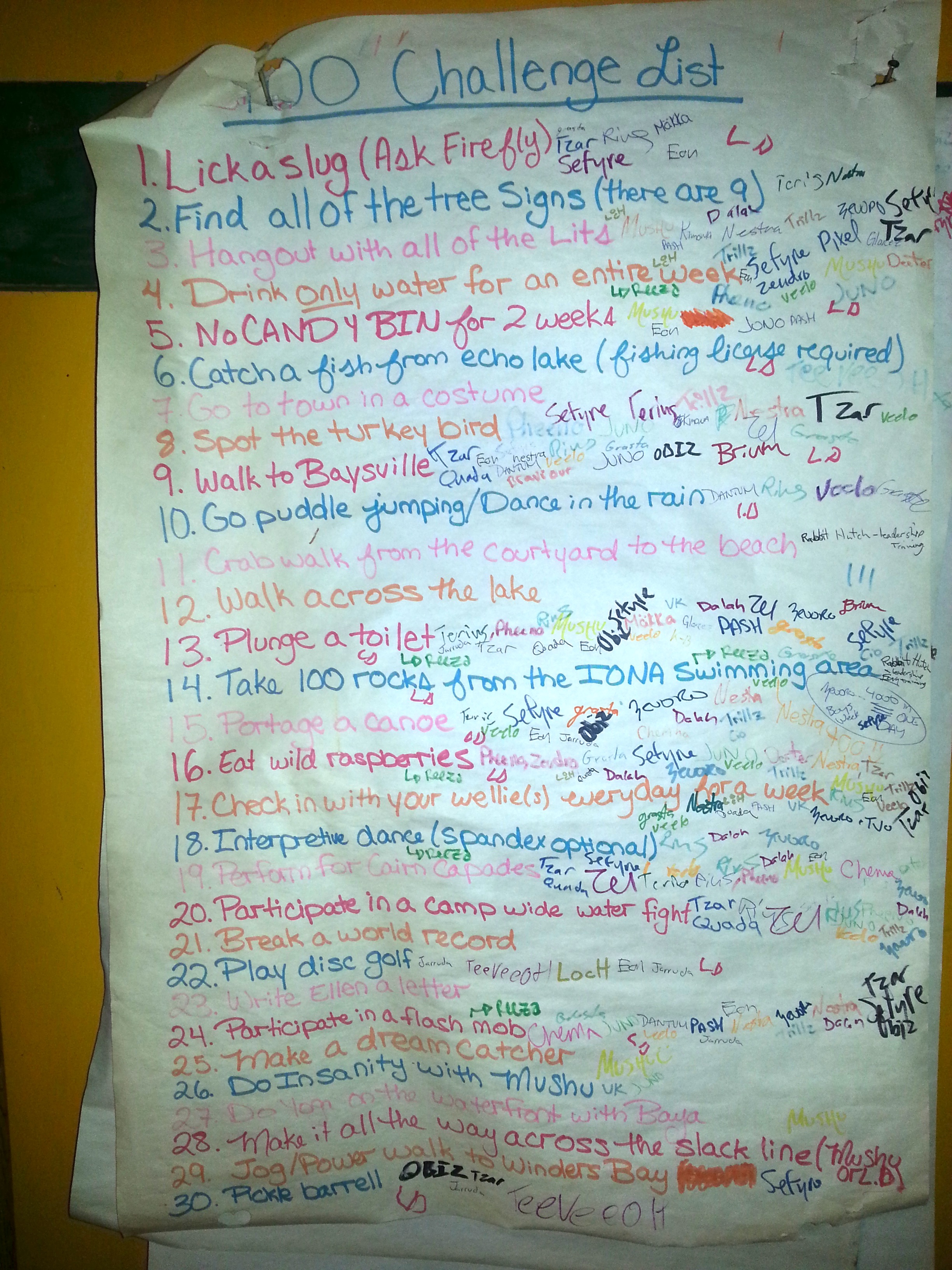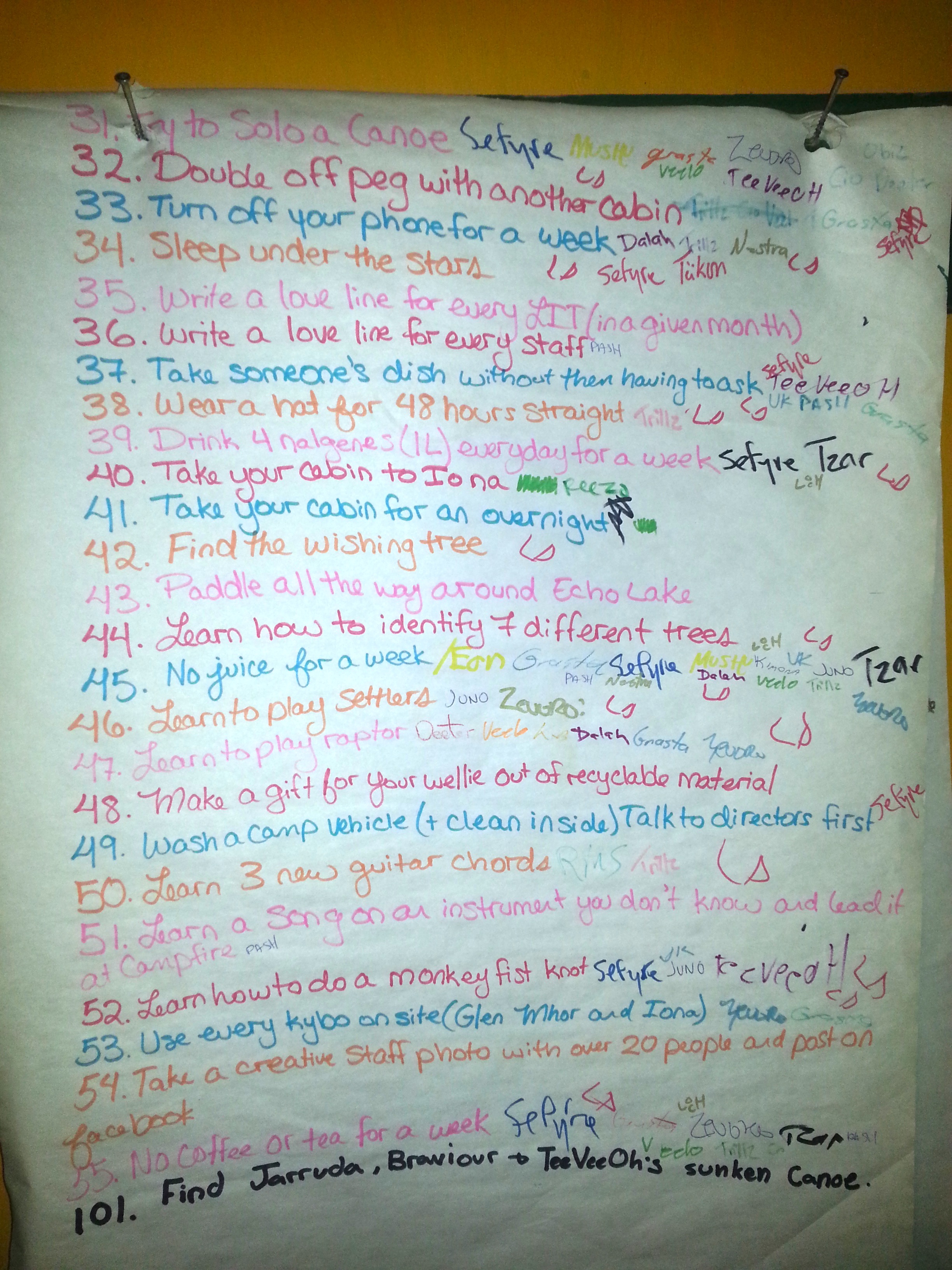For eight summers now I have heard stories about Uther Pendragon. Eight times I’ve sat in our Council Ring as one of our two directors sits on a stump and tells about his out-of-wedlock meeting with the Duchess Igraine (set up by Merlin) that would eventually cause the birth of Arthur. And eight times, I’ve seen that story (appropriately) reenacted in our end-of-session play. And Uther is always played by a large boy with a booming voice. And he always wears a deep red cape and lion tunic.
The story of King Arthur’s rise and of the round table give a large portion of my camp, Geneva Glen, its structure. Beyond morning stories and all-camp plays, they give an analogy for us to talk about many of the values we hope to instill within our campers: courage, humility, love, etc. For the portion of our summer devoted to it, I eat, sleep, and breathe Knighthood, which made my recent trip to Canoe Island French Camp so odd.
The camp, which is located off Orkas Island (itself a ferry ride and couple of hours from Seattle), occupies the entire of a small Island and provides around fifty campers an experience centered on French language, culture, and cuisine. I happened to come during the tail end of their Knighthood-like session. Specifically, I got to be present for Theme Day—a sort of atypical, day-long station rotation. Among other things, the campers made cardboard shields and launched tennis balls into Styrofoam blocks (castle walls) using a homemade trebuchet. In fact, it was during that latter activity that one of the directors, Joseph, who was wearing a simple tunic and a headband, warned the children: “I’m Uther Pendragon. Stay back from the trebuchet when it’s firing, young knights!”
I don’t mean to create any hierarchy between our two camp’s enactments. I only mean to point out how wildly different tradition can function at camps. At Geneva Glen, Uther Pendragon is sort of revered—a mythical figure that when enacted is done so regally and with (often too much) bravado. At Canoe Island, he was a figure to be employed almost off-handedly.
I have run into this phenomena so often at all of these camps. Whereas at one camp, dinner is a quiet and sacred meal, I’ve seen others with dinner is filled with all of camp’s banter. While at some camps, the flagpole is hardly ever given a single thought, other camps have flag raising and lowering ceremonies daily. What’s odd though, is that nearly every camp has access to the same kinds of spaces and themes: a central campfire, a dining hall, an American history theme, etc. It’s just that those involved with the camp have hyper-specific and hyper-distinct ways of giving meaning to those spaces and themes. It’s kind of reaffirming, in a way, to know that for every way we choose to understand a space or a theme or even a character is fluid, is always up for debate and thereby demands summer-by-summer reaffirmation.
The homemade trebuchet at Canoe Island French Camp.








